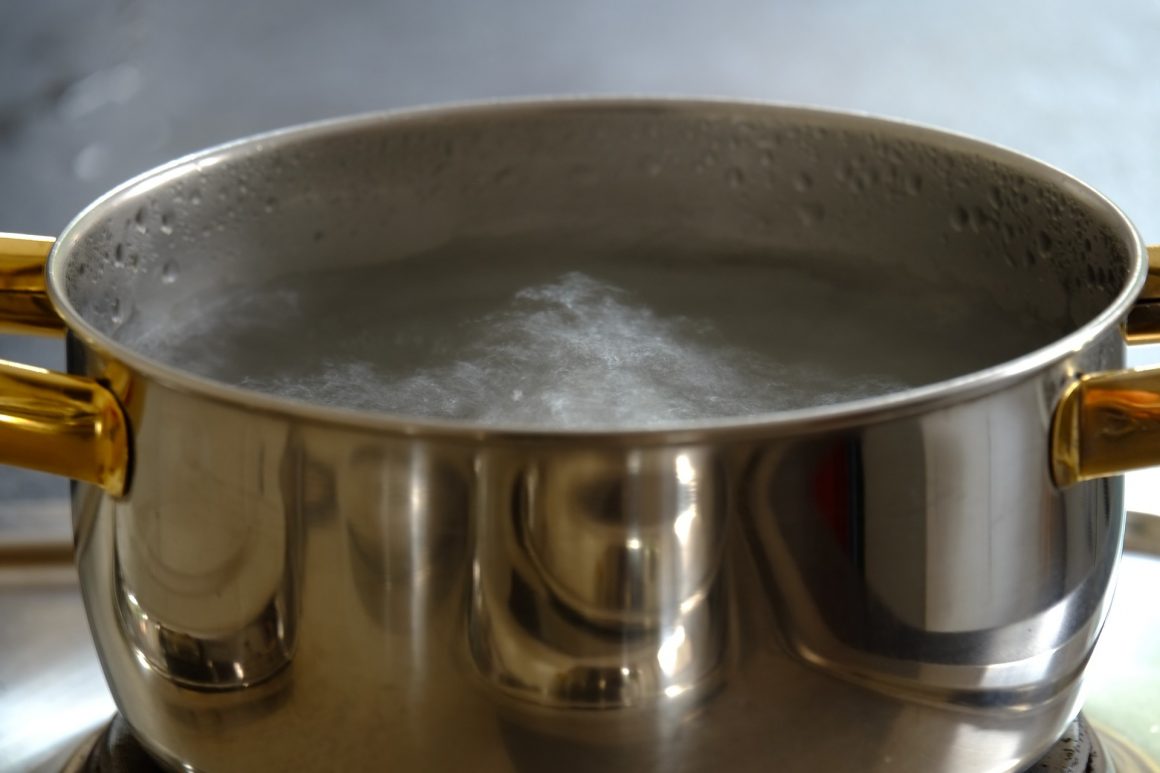
The lack of clean drinking water in Indigenous communities
By Jenzelle Salazar, December 4, 2021—
For decades, hundreds of First Nation communities in Canada continue to suffer through modern crises regarding the abundant lack of clean drinking water available on reserves. The water that is most often used in these communities contains pollutants and radicals within the major rivers surrounding these reserves. Drinking this water has been known to cause flu-like symptoms upon ingestion and has been attributed to a vast history of infant-related deaths. A “do not drink water” notice is enacted when a potential risk is detected with water consumption that cannot be adequately addressed by boiling alone. These instances are not uncommon for the many Indigenous communities that continue to suffer from a lack of access to clean water. Most recently, a Calgary protest against the Coastal Gaslink pipeline highlighted such concerns about the 670-kilometre project being built through the Wet’suwet’en nation’s treaty land — potentially impacting the quality of water sources present within the nation.
Jason Black Kettle, a first-year Communications and Media Studies major at the University of Calgary, is Blackfoot and a member of the Siksika Nation. In an interview with the Gauntlet, he states that “my dad would always say ‘don’t drink the water, it’s no good’ and as a kid, I never really understood what that meant — I was maybe 7 or 8 years old at that time, but even then I understood that when I was in Calgary, nobody had ever told me not to drink the water.”
“I’m 23 now and looking back on that, I’m surprised at how long this issue has been going on. I mean, people say they care [and] they constantly cite the calls to action but there really is no action,” Black Kettle adds.
Reserves, which are classified as under the jurisdiction of the federal government, can attribute this crisis to be the result of unregulated and defective water treatment systems and have seen little to no maintenance despite years of empty promises. The reality is that non-Indigenous Canadians are simply unaware and ignorant of the fact that Indigenous communities are continually denied the basic human right of sanitary drinking water, which can go on for prolonged periods of time — sometimes lasting years. Rarely has the topic of clean water on reserves been discussed by the media, nor has it been formally addressed in classroom discussions. Many students remain unaware of contemporary Indigenous issues because much of what is taught is projected to be issues of the past and further translates into a lack of initiative from political representatives to address such concerns.
“NDP leader, Jagmeet Singh, responded to a question about the issue where someone was asking him if he would just ‘give’ money to First Nations peoples. He responded by asking if the government ‘should’ give money to Vancouver if their water systems had been compromised,” said Black Kettle.
Singh’s response is reflective of the performative activism that plagues the Canadian House of Commons and provides a broader commentary on the inaction of politicians when they are faced with the issues of marginalized Canadians. Not only would fixing this issue ensure the basic human rights of Indigenous peoples but it is also crucial to understand that fulfilling these promises serves as another step in reconciliation.
“This is Canada — we should care about the health and well-being of all its citizens, especially those who originally inhabited the land. I wouldn’t want a white man to suffer without clean water as much as my people do, but that’s a reality,” Black Kettle said. “Part of me hopes they [white people] think the same way but I’m pretty sure most of them don’t care. That’s just my opinion. A lot of people say they care but it never seemed genuine to me.”
What Canada has since failed to acknowledge is that many Indigenous cultures regard natural resources, such as land and water, with sacredness rather than just a resource for capital consumption. Unfortunately, the demand for change has fallen on deaf ears in regards to the government of Canada’s response to the outcry for change. They have failed to impose any substantial aid measures and provide the necessary funding to maintain the water system.
This issue reinforces the prevalence of this crisis in our modern society as hundreds of advisories are enacted every year in Canada alone, with most of the reserves in the country being at risk of contaminated water supplies. Organizations, such as Water First, advocate for social awareness through education, training and collaboration with Indigenous communities where contributing some personal resources such as time and effort can prove to be valuable in fostering change.
